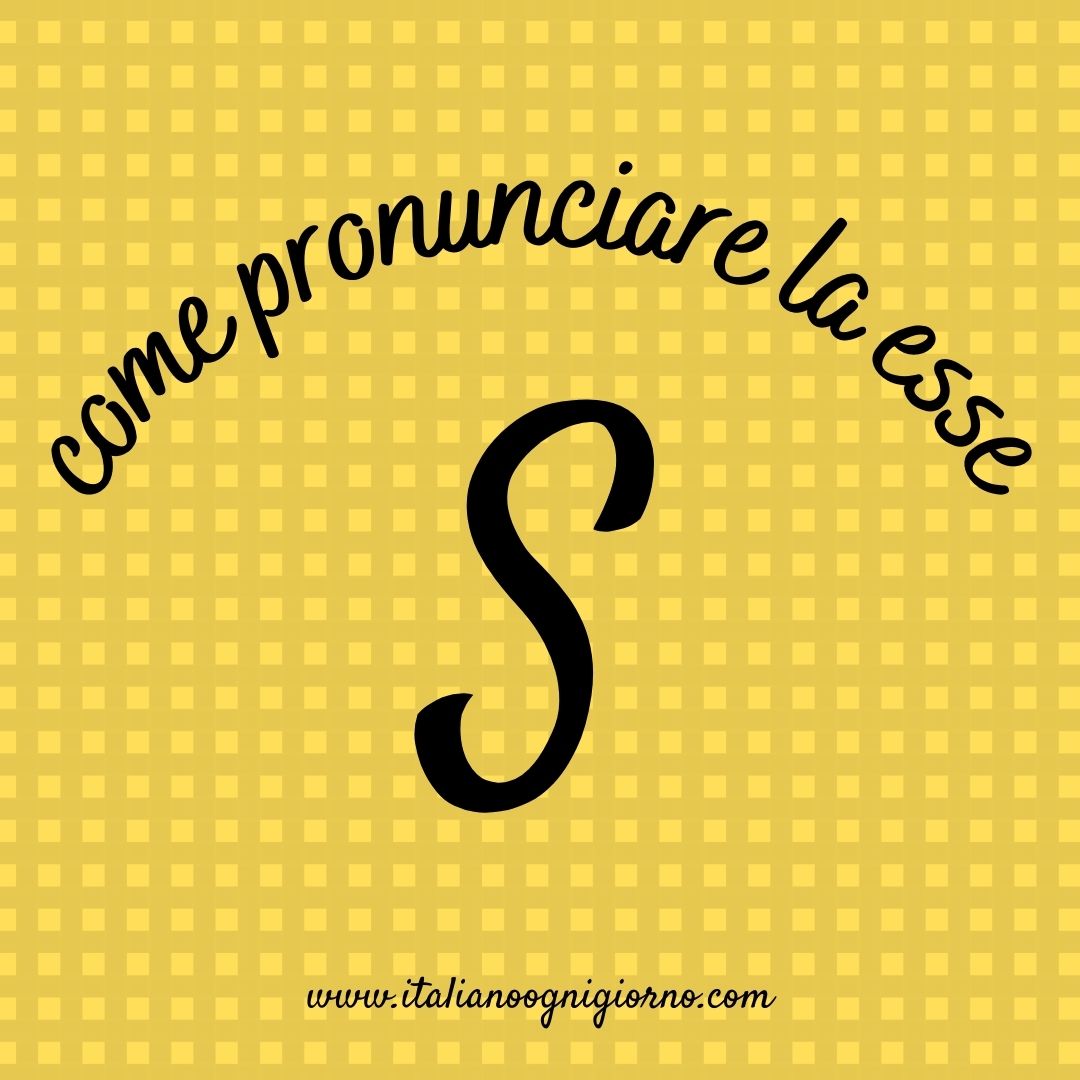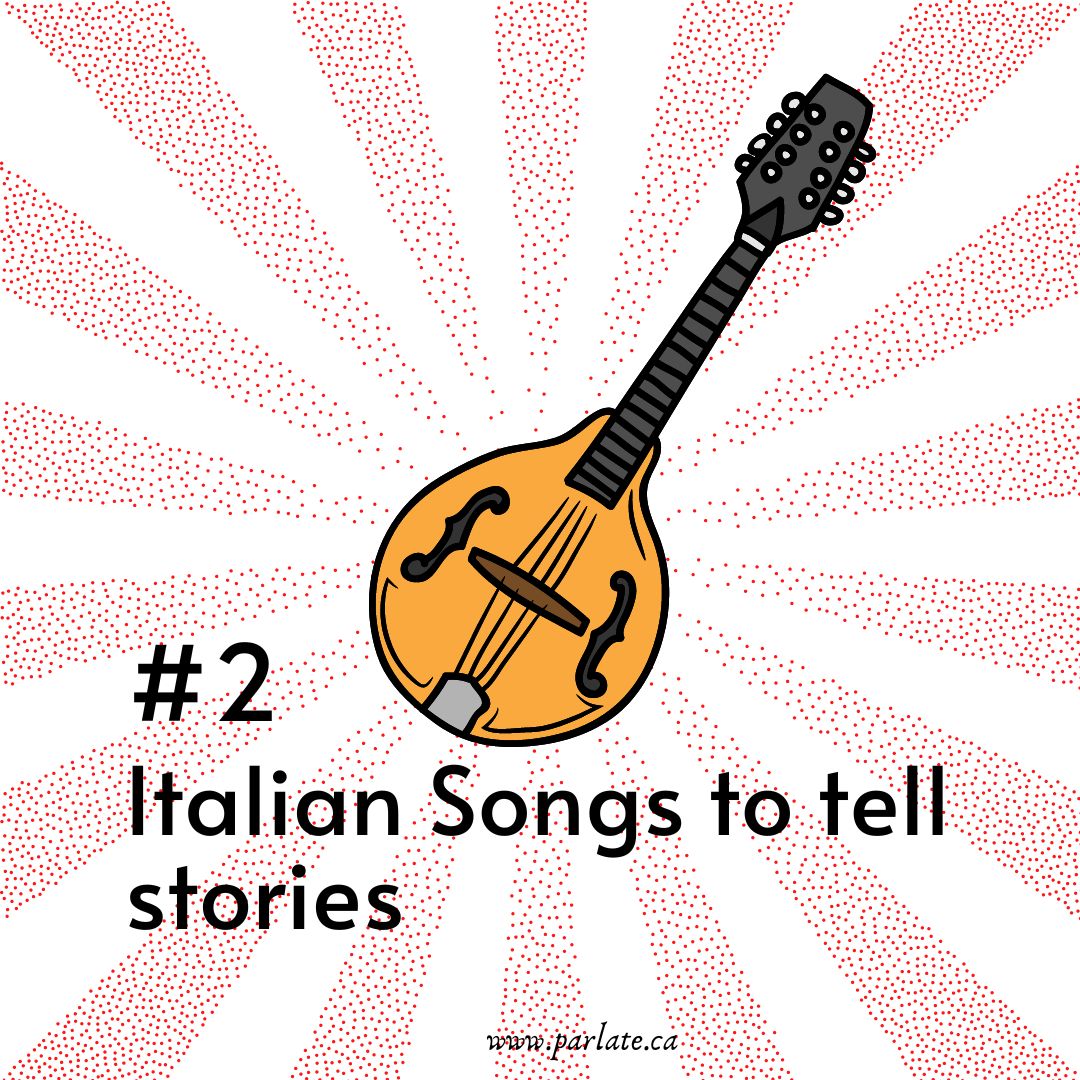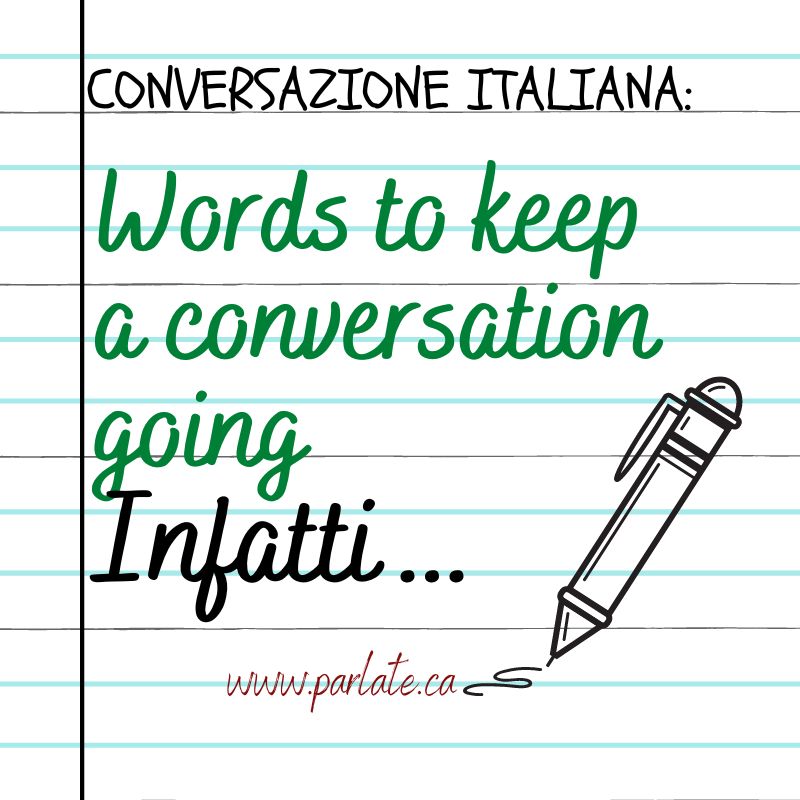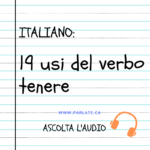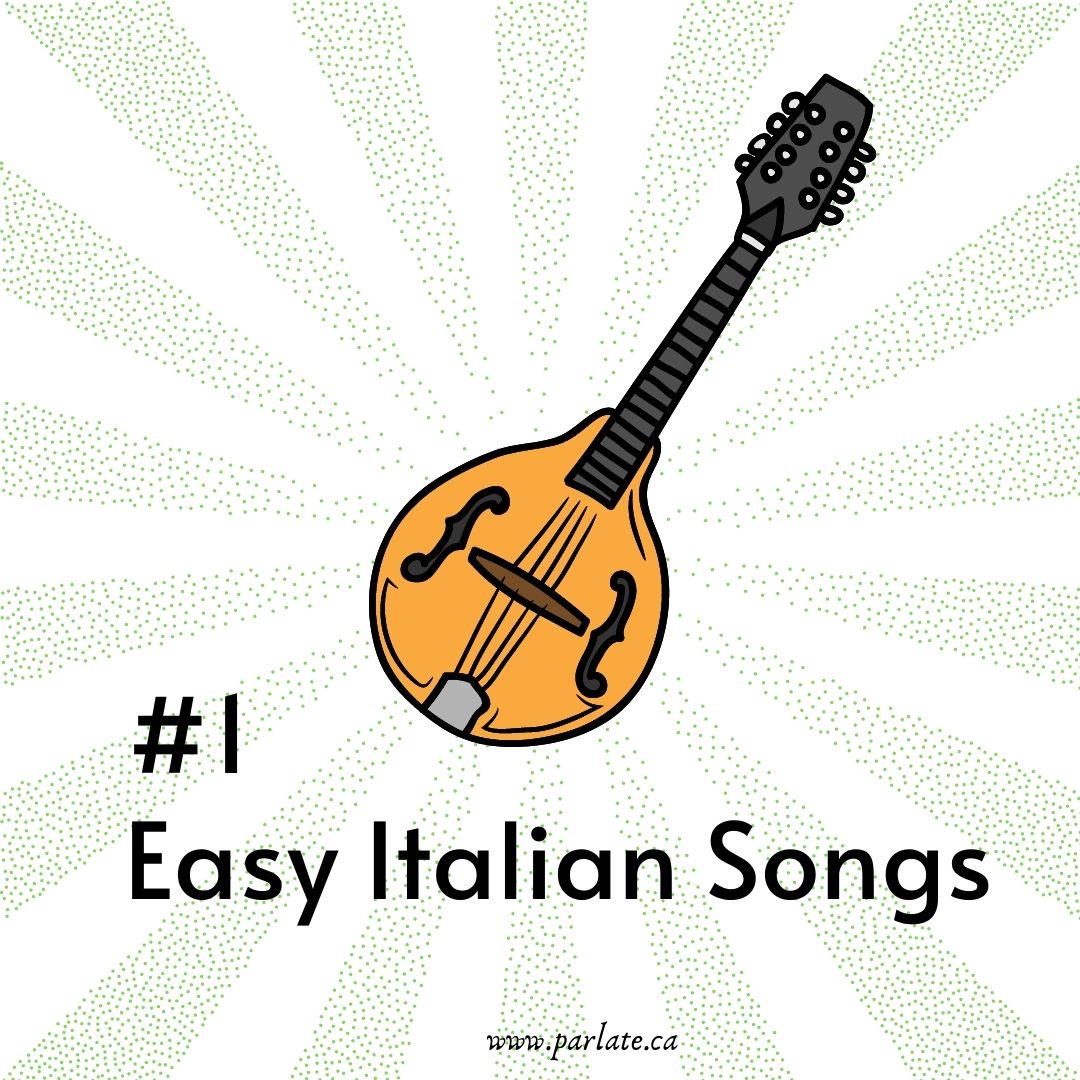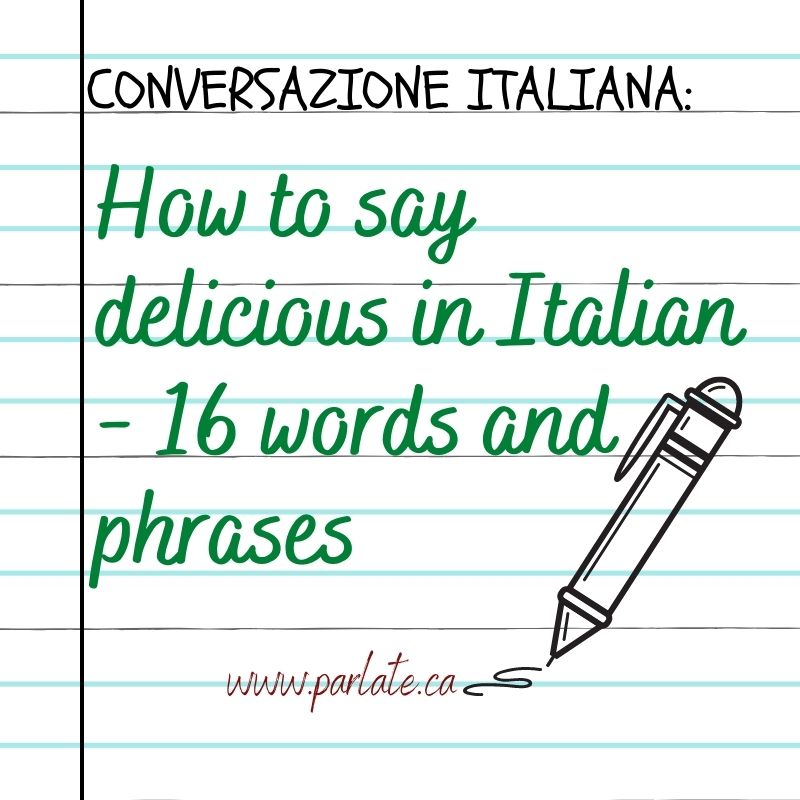Parole, parole, parole… come cantava Mina. Usare le parole italiane che già conosci e quelle che incontri leggendo, ascoltando musica o parlando con altri italiani, magari in Italia, è la cosa più importante per avanzare nella lingua parlata. Infatti, quando si impara una lingua l’obiettivo è riuscire a comunicare e conversare. Ecco a cosa servono le parole, i suoni, le espressioni…
Vediamo come:
- mantenere viva una conversazione senza interromperla
- utilizzare parole di riempimento o intercalari
- esprimere emozioni con interiezioni
- mostrare apprezzamento per qualcosa
Parole, parole, parole… as Mina would sing. Using the Italian words you already know and those you come across while reading, listening to music or talking to other Italians, perhaps in Italy, is the most important thing to advance in the spoken language. In fact, when learning a language, the goal is to be able to communicate and converse. That’s what words, sounds, expressions are for…
Let’s see how:
- to keep a conversation going without interrupting
- to use filler words
- to express emotions with interjections
- to show appreciation for something
Parole italiane per mantenere viva una conversazione
Esiste una categoria di parole ed espressioni che vengono usate per mantenere viva una conversazione. Queste parole ed espressioni aiutano anche a comunicare il nostro accordo, disaccordo e incertezza senza interrompere l’interlocutore. Ecco una lista di alcune delle più comuni.
There is a category of words and expressions that are used to keep a conversation going. These words and expressions also help communicate our agreement, disagreement, and uncertainty without interrupting the other party. Here is a list of some of the more common ones.
parole riempitive o intercalari
In italiano le ‘parole riempitive’ o ‘intercalari’ si usano in abbondanza, come potrai notare dalla lunga lista che ho compilato. Si possono dividere in 3 catogorie: iniziatori, mediani e finalizzatori. Anche se, diciamo che, alcune di queste parole o espressioni si prestano bene in diverse situazioni. Sono particolarmente importanti per dare fluidità ad una conversazione.
In Italian the ‘filler words’, “parole riempitive” o”intercalari” are used in abundance, as you can see from the long list I have compiled. They can be divided into 3 categories: starter words, middle words and ending words. Although, “diciamo”, let’s say that, some of these words or expressions lend themselves well in different situations. They are particularly important for giving fluidity to a conversation.
Le interiezioni in italiano
L’interiezione si usa per esprimere emozioni, stati d’animo e reazioni istintive condensate in una sola espressione, senza legami sintattici con il resto della frase.
The interjection is used to express emotions, moods and instinctive reactions condensed into a single expression, without syntactic links with the rest of the sentence.
16 parole e frasi per dire buonissimo in italiano
Sai, che il proverbio “De gustibus non disputandum est” – Sui gusti non si discute, è uno dei più utilizzati dagli italiani? E comunque non viene utilizzato solo riguardo al cibo, bensi anche per ogni altro tipo di gusto: musica, moda, genere letterario ecc.
Nell’articolo di questa settimana però restiamo nel campo del cibo e vediamo tutti i modi per dire “buonissimo” in italiano.
Do you know that the proverb “De gustibus non disputandum est”/ Sui gusti non si discute (there’s no accounting for taste) is one of the most used by Italians? And in any case it is not only used for food, but also for any other type of taste: music, fashion, literary genre, etc.
In this week’s article, however, we remain in the field of food and look intl all the ways to say “very good” in Italian.
- Il Discorso diretto e discorso indiretto in italiano

- I massacri delle foibe – Il Giorno del Ricordo

- Un racconto di Natale: Il Tesoro dei Poveri di Gabriele D’Annunzio

- Estate di San Martino- leggenda e tradizioni

- I verbi fraseologici: venire/andare a prendere

- Michela Murgia: tenace scrittrice e attivista italiana

- I Vini italiani |Storia e Cultura

- Come diventare migliori comunicatori in italiano



